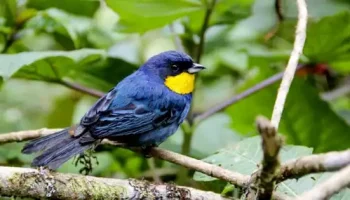Pigs have an “extraordinary” ability to learn how to play video games – an ability to avoid. Pigs are unlikely to carry any e-sports trophies soon, but their ability to learn this skill has demonstrated their surprisingly high level of intelligence and cognitive flexibility. Their exploits were the subject of a recent study in the journal Psychology Frontiers. The study found that two Yorkshire pigs, Hamlet and Omelet, and two Panepinto micro-pigs, Abney and Ivory, being taught how to play a simple video game.
The pigs trained to move a joystick with their snouts in front of a computer screen. If they successfully move the pointer toward one of the points using the joystick, they rewarded with a snack. Even after the pigs stopped receiving rewards, they were able to complete tasks using only verbal and tactile signals.
Researchers, who have previously explored the depths of chimpanzee knowledge, described the ability to choose this skill as “significant.” “It’s not a small genetic phenomenon for animals to realize that their behavior is affecting something else. That these pigs can do to any degree. What else are we capable of learning and how should we pause to learn this kind of thing?” Could have impact, “said Dr. Candace Crony, lead study author and professor at Purdue University and director of the Purdue Center for Animal Welfare Science, in a statement.
Plenty of research has proven that pigs are among the most intelligent animals in the animal kingdom. Scientists have even observed locally critically endangered species Visayan warty pigs on only two islands in the Philippines using capturing equipment. Although the pings in this study did not meet the level of mastery expected by chimps or any other inhuman primate, the researchers believe that this could explained by the nature of this experiment designed for experimental and perspective mammals.
The study also raises some racial questions about treating pigs as farm animals. If this study proves that pigs are deeply intelligent animals with some cognitive skills that are comparable to chimpanzees, should we change the way we treat them in agriculture.
“This type of study is important because, like any sensitive animal, how we interact with pigs and the impact of what we do on them is important to them,” Crony said. “Informing management practices and improving the well-being of pigs was a major goal, but really, the uniqueness of pig dryness is a secondary issue that we appreciate beyond any benefit we can get from them,” Crony commented.





